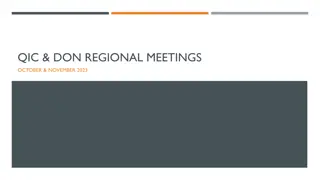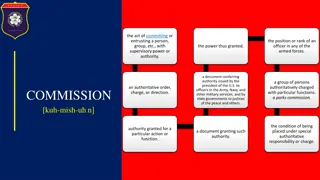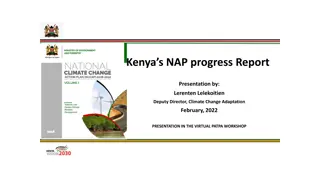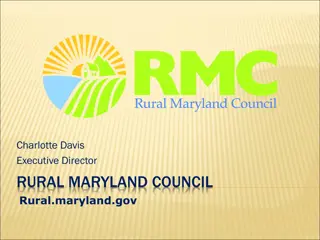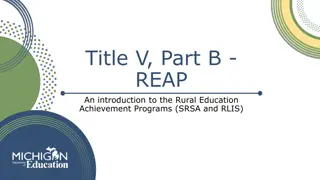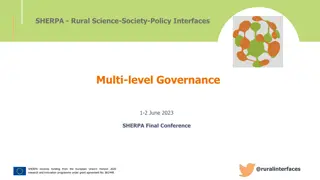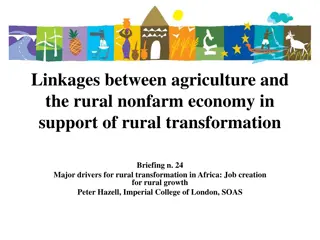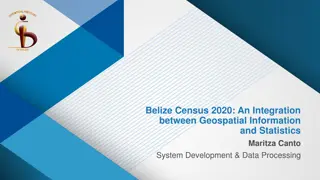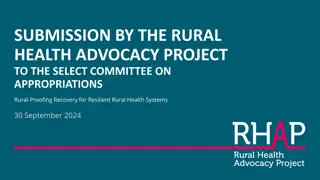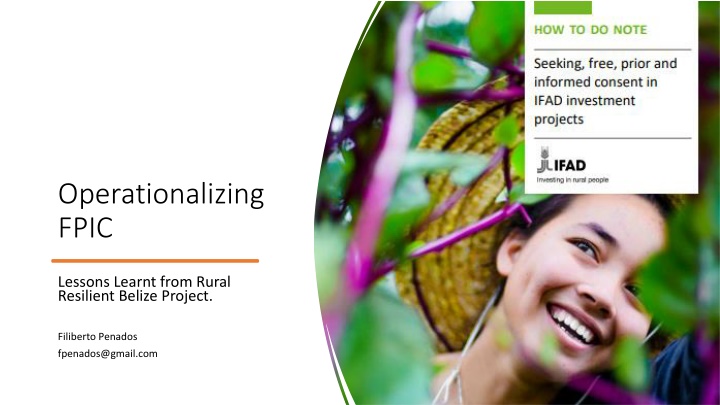
Lessons Learnt from Rural Resilient Belize Project
A national project in Belize aims to improve resilience of rural households through climate-resilient practices. Lessons include Indigenous context integration, capacity building, and beyond FPIC as protection. Recommendations emphasize community protection and support for Indigenous future efforts.
Download Presentation

Please find below an Image/Link to download the presentation.
The content on the website is provided AS IS for your information and personal use only. It may not be sold, licensed, or shared on other websites without obtaining consent from the author. If you encounter any issues during the download, it is possible that the publisher has removed the file from their server.
You are allowed to download the files provided on this website for personal or commercial use, subject to the condition that they are used lawfully. All files are the property of their respective owners.
The content on the website is provided AS IS for your information and personal use only. It may not be sold, licensed, or shared on other websites without obtaining consent from the author.
E N D
Presentation Transcript
Operationalizing FPIC Lessons Learnt from Rural Resilient Belize Project. Filiberto Penados fpenados@gmail.com
The project: Rural Resilient Belize A national project that includes Indigenous Peoples Goal: improve the resilience of poor rural households to both the effect of climate change and economic marginalization by supporting the adoption of climate resilient practices, increasing, and diversifying agriculture production and facilitating access to commercial markets for the sale of surplus production.
My Involvement: Provided training to the implementing unit. Facilitated the development of a consultation Road-map. Facilitated the engagement with the Indigenous communities, developing of consent agreement and IPP.
Lessons Learnt and Recommendations 1. The need to adequately account for Indigenous contexts in the design of projects that are national in scope. 2. The importance of the capacity of the national implementer and role of International Agencies as advocates. 3. The importance of building capacity and supporting Indigenous communities. 4. The need to address the risks to life in community; erosion of Indigenous governance and land tenure systems. 5. The need to go beyond FPIC as an obligation and protection to an opportunity to support Indigenous future-making efforts. 6. The importance of local contextual knowledge of Indigenous peoples.


